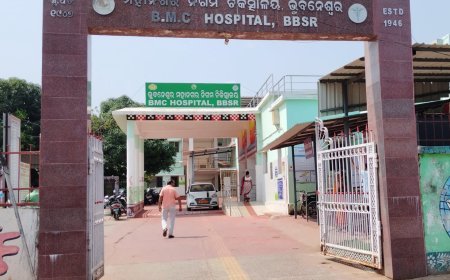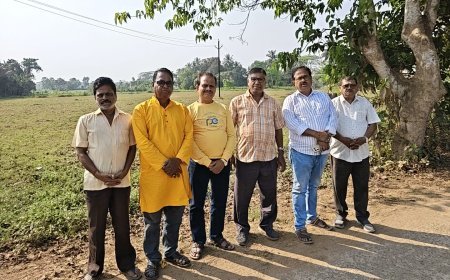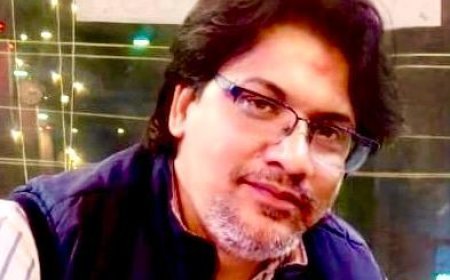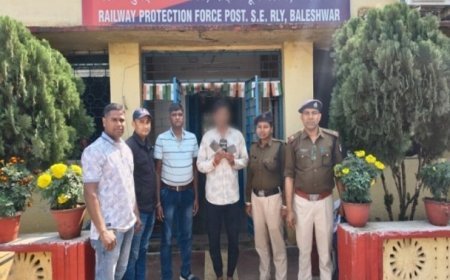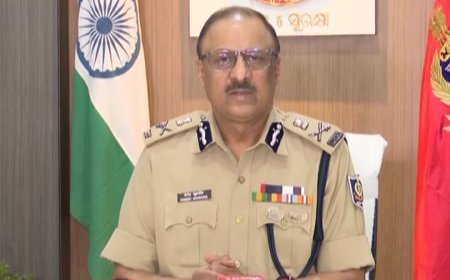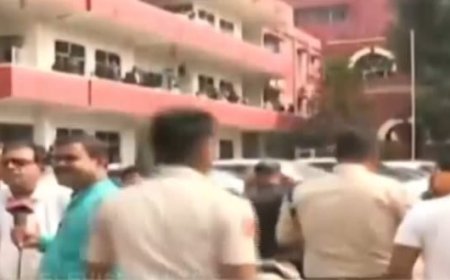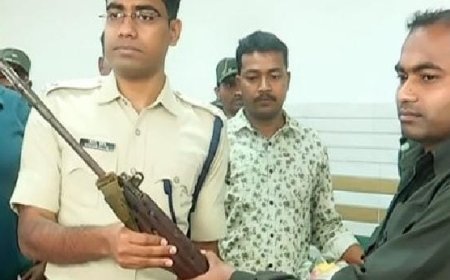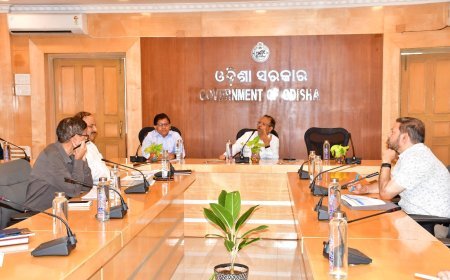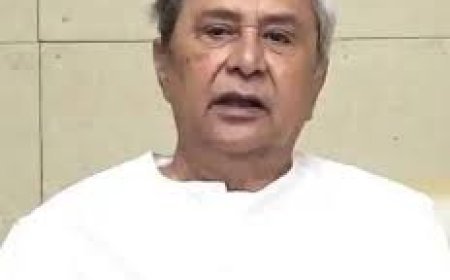A flyover of media persons’ concern
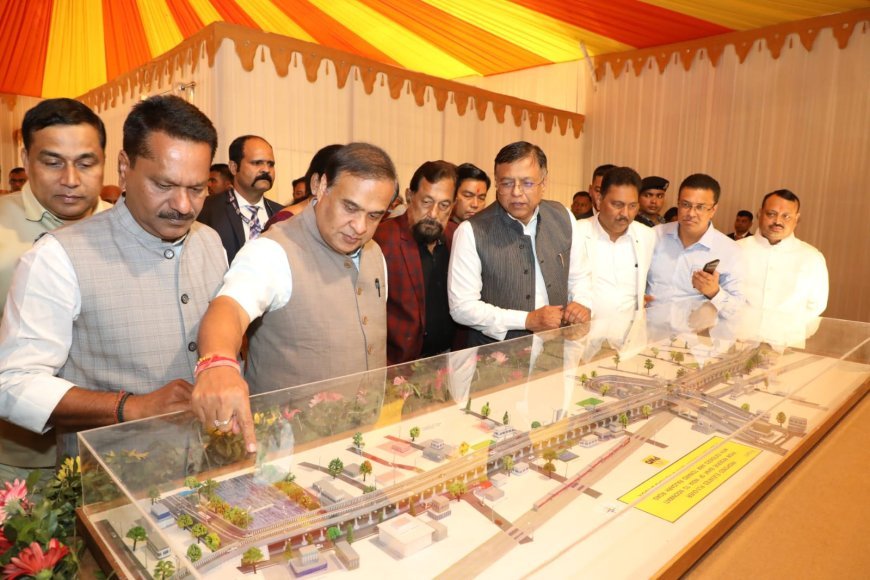
(Nava Thakuria)
Guwahati: On the first day of year 2024, Assam chief minister Himanta Biswa Sarma laid the foundation stone for a 4-lane elevated corridor connecting the historic Dighali Pukhuri with Noonmati in eastern part of the prehistoric city. Projected to be the longest flyover in northeast India with arms towards GNB Road, west Dighali Pukhuri road and Rajgarh road, it measures over five kilometres (standing at a minimum height of 5.70 metres) and will be constructed with the expenditure of Rs 852 crores by the public works department (roads). CM Sarma assured that the flyover will be made operational by 2026 and the concerned agencies will take all possible measures to minimize inconveniences to the general people during its construction period. After its completion, the project with a rotary over the existing flyover at Chandmari and another one at Guwahati club is expected to help the city dwellers to enjoy a smooth traffic movement for the next 25 years.
Aiming to transform Guwahati into a highly urbanized city to play the role of a gateway to southeast Asian nations, the saffron leader also argued that the new flyover will boost to the business opportunities in the Dighali Pukhuri-Noonmati stretch of road as it would provide the much-needed parking spaces that would be available below the flyover. Sarma also assured that no (or in lesser number) trees will be chopped off because for the project, rather those will be transplanted (relocated) using modern technological gadgets. However, no pragmatic policy is announced to address the hardships to be faced by the small business establishments on both sides of the concerned road. Moreover, no initiative is taken to support the city press club in Amabri area which will lose a sizable front area to the flyover drastically reducing its working space.
Days back, Journalists' Forum Assam (JFA) expressed its concern for the probable shrinking space in the media club that officially comprises nearly one thousand member-journalists. The scribe’s forum also appealed to Sarma for arranging a separate accommodation for the media workers. JFA president Rupam Barua emphasized on relocating the five-decade old media club to a separate place ensuring a permanent address for the growing number of journalists affiliated with various media platforms. Moreover, a large number of conscious citizens have been demanding its shifting as the club is currently functioning from an important archaeological site. They argue that the Ambari archaeological site should be made encroachment-free and necessary preservation and research works be pursued with a national commitment.
Situated at the heart of Kamrup metropolitan district, the site has been excavated several times since 1968 to find more archaeological remains. The archaeology department claims that the ruins of Ambari reflect the period of Sunga-Kushana dynasty. Discovered in the course of constructions for the Reserve Bank of India’s office in that locality, the site attracts visitors from different parts of the country every day. The forum appealed to the concerned personnel to take a pragmatic decision to relocate the club on the plot of land in Beltola-Basistha area, which was sanctioned by the State government a few months back (where even the foundation stone for a building was laid by State IPR minister Piyush Hazarika), so that the growing need for the working journalists associated with newspapers, television channels, radio outlets and digital platforms can be accommodated. It also urged everyone to show the commitment to make the Ambari site free from encroachers as early as possible.
A few months back, Press Club of Assam (PCA) came out with another demand for a modern multi-media centre in a prime location of Guwahati to benefit thousands of journalists in the region. It argued that provisions should be taken to accommodate space for different press club/media organisations and an affordable lodging facility for the visiting journalists inside the eco-friendly complex. The centre should facilitate a meeting place for scribes, initiate programs for their capacity building and arrange programs for the welfare of media families. Regular programs like press meets/briefings, interactive sessions with distinguished personalities, screenings of national and international classic movies & documentary, video conferences with foreign journalist-writer-scholars, training and workshops for young scribes, regular health camps etc can be organized at the centre. It also pointed out that various non-media individuals and organizations will also take advantage of the centre organizing their programs and expressing their views freely on different public issues, said PCA president Kailash Sarma, adding that the centre can be powered by rooftop solar energy so that it depends little on regular electricity during the daytime. Moreover, a scientific arrangement for garbage management and recycling of water (used in the centre) along with a rainwater harvesting system should be installed in it, he added.








